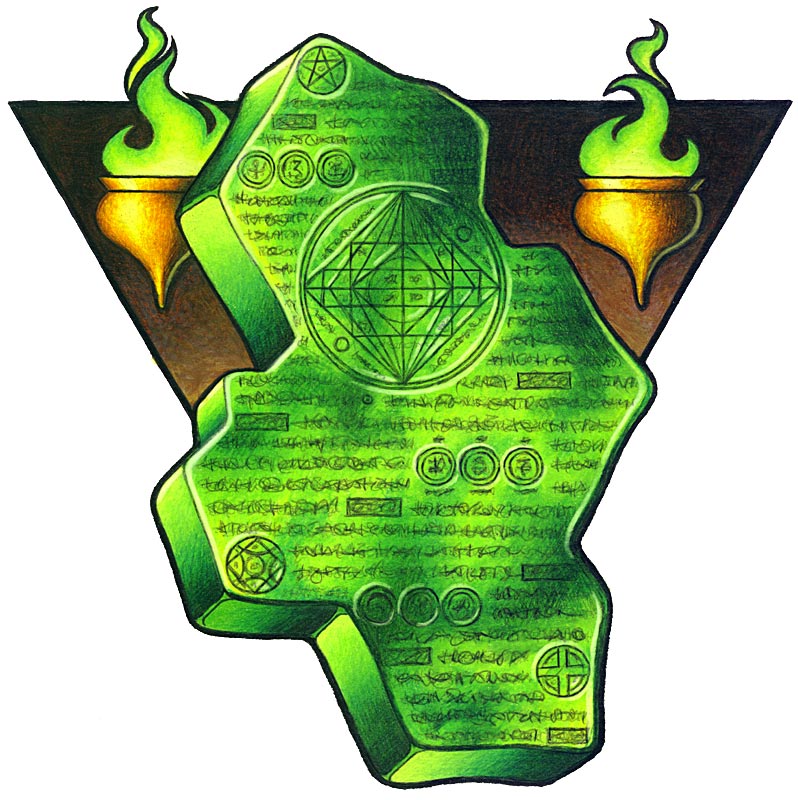rhaeloth
who would have and why would they have beeen considered wizards?
smart people? superstition bad luck?
smart people? superstition bad luck?

rhaeloth said:i mean... in fact of existence in the older days as we have abra kadraba stereotype..
was there a base of learned people science pioneers etc...
who was it... that the common folk in disbelief and etc as u claim as personal vendetta.
what would excell someone to be a wizard in the eyes of non circulated education/low technological advancement. (no electricity)

I know right, the mans penis was about 34-36 Centimeters, that is ****ing magical.MidnightWolf said:Rasputin.

matmohair1 said:






